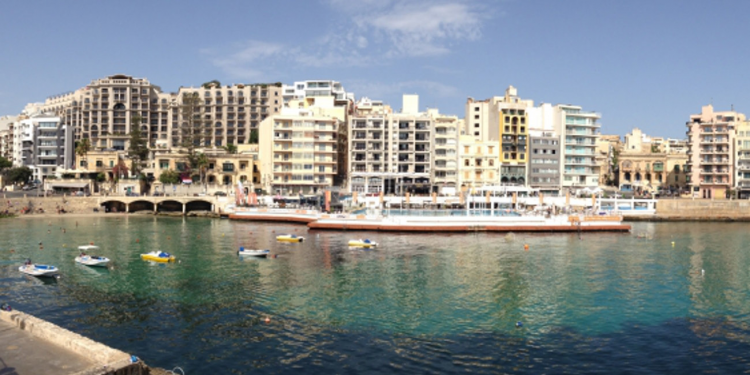
Malta is an increasingly popular destination with expatriates worldwide. Discover everything you've ever wanted to know about living in Malta as an expatriate.
Malta is a breathtakingly beautiful, historically rich country that has attracted a lot of outside growth in the past few decades. Many people thinking about relocating to Malta want to know what life is like in Malta on a daily basis. How different will it be from what you're used to, and what can you expect to remain the same? Here are some of the things you can expect to encounter when you make the move to this beautiful island nation.
Living in Malta
Day to day life in Malta isn't very different from daily life in any other industrialized country. At least, on the surface. You'll likely drive to work in the morning, perhaps eat lunch at a local restaurant, maybe take in a movie or do some shopping on your days off, and so forth. What makes the experience of life in Malta so special aren't the big differences, but the small details that surround you throughout your day.
For instance, even in newer and highly developed cities, you'll still see evidence of the ancient civilizations that once existed. Driving to work, you may pass historical sites dating back to Before the Common Era. You'll also be welcomed by exotic plant life (Malta is home to several endemic species) and beautiful, rocky landscapes. Everything you do in Malta is colored by the land, climate and rich cultural history.
Learning in Malta
Of course, any parent considering relocating to Malta will want to know what the schools are like. Are they very different in structure from the schools your child has been attending in your native country? Will children who don't speak Maltese be at a disadvantage? Will they be seen as foreigners and excluded from most kids' activities?
Because both English and Maltese are spoken in most public and private schools, English-speaking children will have an easier time adjusting to life in this new country. However, many Maltese children are raised as multi-lingual, so it's probable that your child will be able to get along fairly well until he or she becomes more fluent in Maltese. Additionally, because so much of Malta's economic growth and stability depend on expat-based companies, newcomers are common in Maltese schools. It's highly unlikely your child will feel singled out based on their nationality. Academics are also very similar to most of Europe, so there should be no major discrepancies in education.
Relaxing in Malta
As mentioned earlier, Malta has a wealth of history and culture waiting to be explored. While natives have grown up with the ancient structures and stunning locations, expatriates will get to experience them for the first time. Historic sites (both well-preserved and in beautiful ruins) abound no matter what part of the island you're on, and often have links back to ancient stories (such as The Odyssey) and religions.
As you can see, while many of the basic aspects of life won't change, everything in Malta has a decidedly Maltese overtone that natives and expats alike love.



















